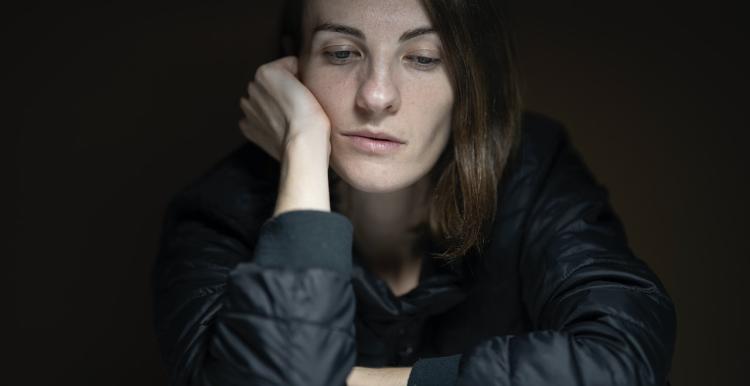Cost of living issues fuel mental health crisis

Figures from the Office for National Statistics suggest that 16 percent of adults have moderate to severe depression – that's 1 in 6 people, up from 1 in 10 people (10 percent) before the pandemic.
Moderate to severe depression affects certain groups of people more than others.
Proportions of people with symptoms of moderate to severe depression
- more than 1 in 4 people aged 16-29 (28 percent)
- more than 1 in 3 women aged 16-29 (35 percent)
- more than 1 in 4 people on a low income (29 percent of people with an income of less than £10,000 a year)
- more than half of people off work because of long-term health problems (59% of people who are economically inactive because of long-term sickness)
- more than 1 in 3 full-time unpaid carers (37 percent)
- more than 1 in 3 disabled people (35 percent)
- almost 1 in 4 people who find it hard to pay energy bills (24 percent)
- more than 1 in 4 people people who find it hard to pay their rent or mortgage (27 percent)
For more information, see the report on the ONS website.
What Healthwatch Sutton is doing
The government figures relate to adults, but we know that mental health issues are affecting children too. Some children's mental health has got worse because of the effects of lockdown. We surveyed the mental health of local primary school children before the pandemic. Now we're surveying them again, so we'll have hard evidence about how things have changed. We hope that evidence will help make the case for improvements to services.
Finding it hard to cope?
If you're finding it hard to cope, help is available. For more information, see our article Looking after your health during the Cost of Living crisis.